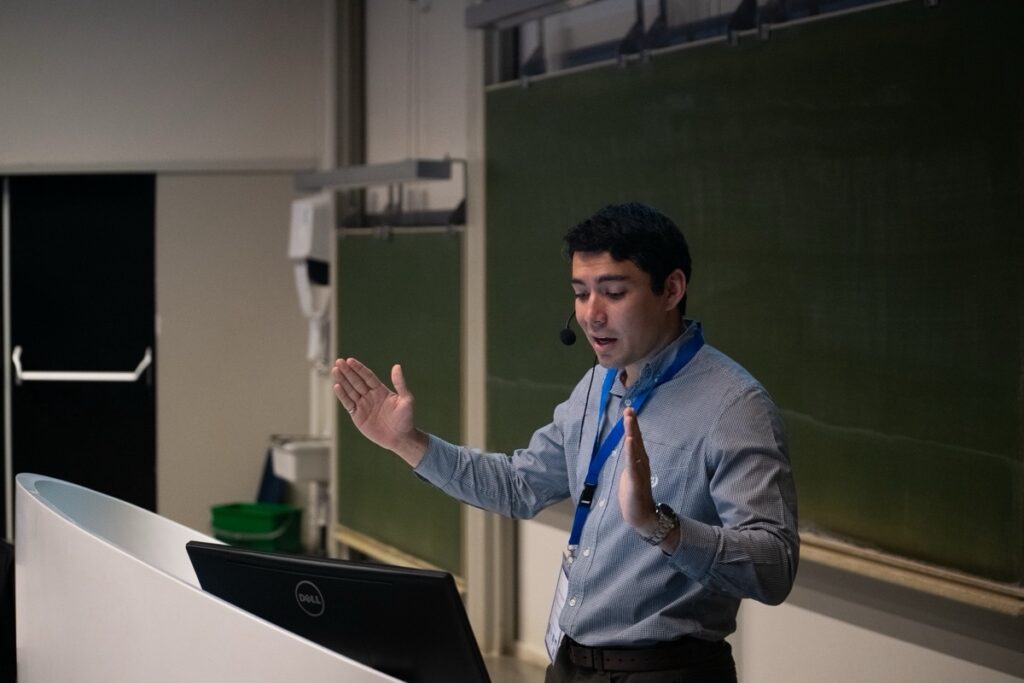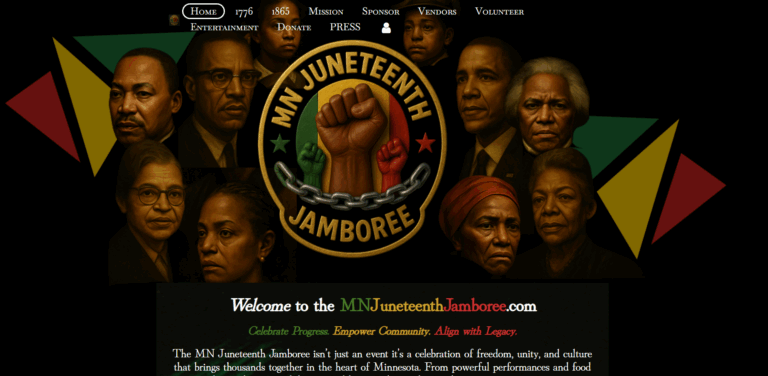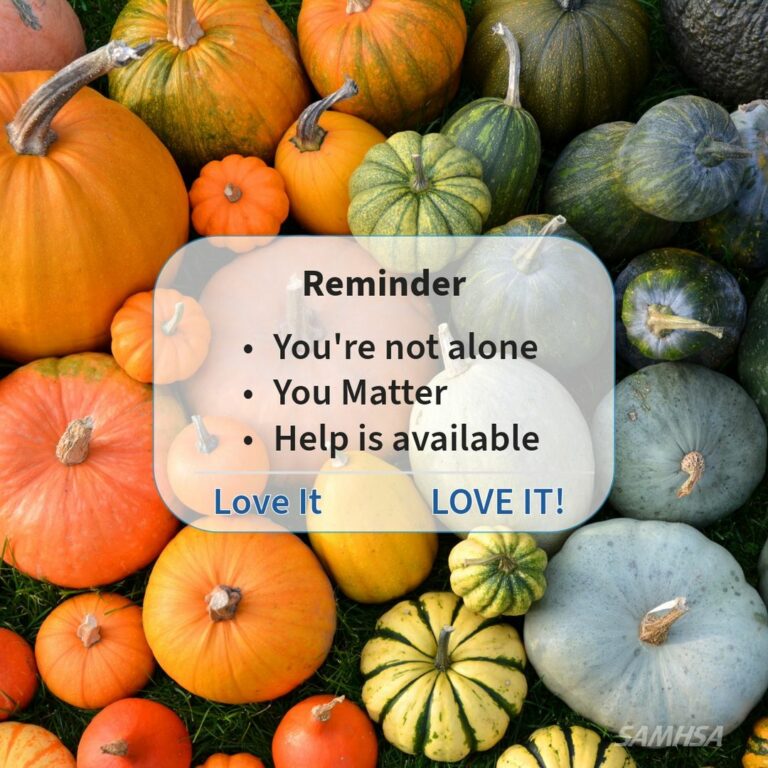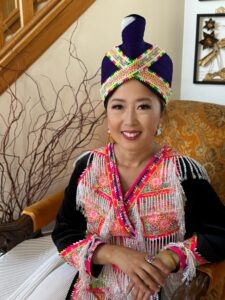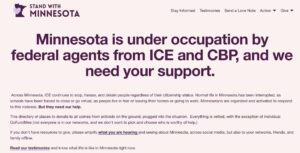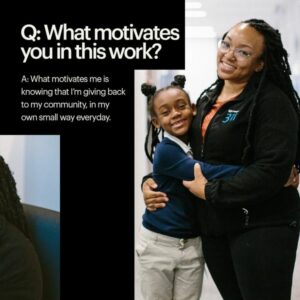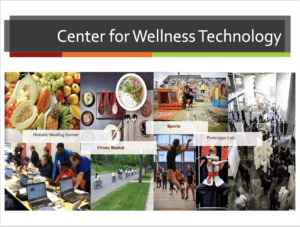Preface: As summer unfolds in North Minneapolis, Asian Media Access continues to spotlight leaders whose work strengthens our communities and drives meaningful change. Last month’s Juneteenth celebration along West Broadway was a powerful reminder of Black freedom, resilience, and the ongoing efforts to build a more just and inclusive society. In this fifth installment of our Northside interview series, we feature Vinicius (Vini) Taguchi, a dedicated advocate whose leadership and outreach extend across Minnesota, North Carolina, and beyond.
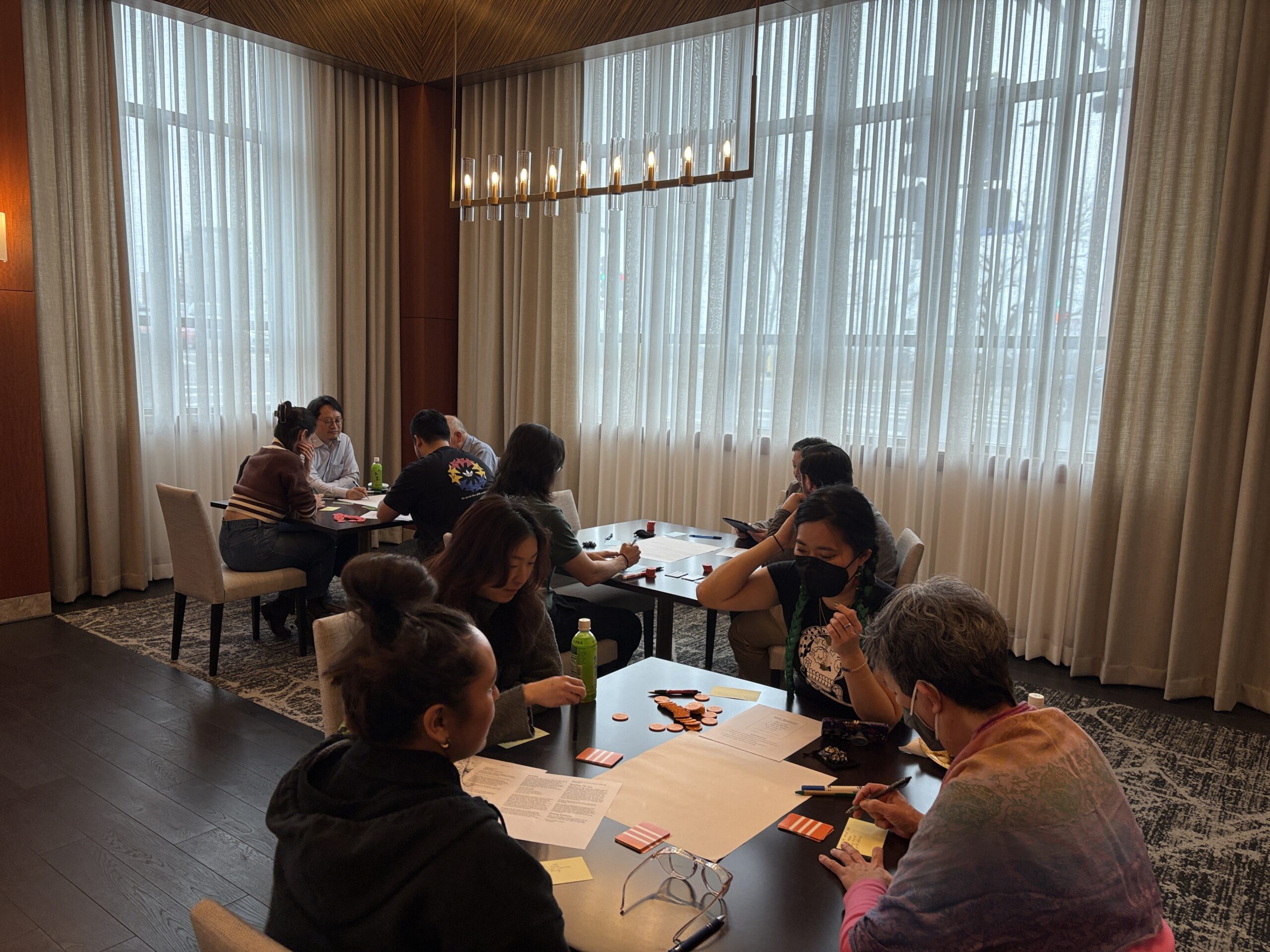
Vinicius “Vini” Taguchi serves as the current president of the Twin Cities chapter of the Japanese American Citizens League (JACL), leading the organization’s advocacy efforts. Founded in 1929, JACL is the oldest and largest Asian American civil rights organization in the U.S. Its mission is to secure and maintain the civil rights of Japanese Americans and all others who are victimized by injustice and bigotry. The Twin Cities chapter supports this mission through local education, advocacy, and cultural programs that bring people together and raise awareness in the community.
Q1) Have you or any members of your community been impacted by the recent bans on DEI efforts?
 While I haven’t been personally impacted by the recent bans on DEI efforts, I’ve seen ripple effects across the community. For example, some of our partner organizations are facing uncertainty around grant opportunities, particularly when working with larger institutions that are now hesitant or restricted in their DEI commitments. I have multiple colleagues and collaborators who have recently lost large federal grants and are now scrambling to continue their important work without the funding they had counted on. We also know several community members who work professionally in DEI-related roles and are now struggling to find employment. It’s disheartening to witness how shifts in rhetoric are affecting real people and real progress.
While I haven’t been personally impacted by the recent bans on DEI efforts, I’ve seen ripple effects across the community. For example, some of our partner organizations are facing uncertainty around grant opportunities, particularly when working with larger institutions that are now hesitant or restricted in their DEI commitments. I have multiple colleagues and collaborators who have recently lost large federal grants and are now scrambling to continue their important work without the funding they had counted on. We also know several community members who work professionally in DEI-related roles and are now struggling to find employment. It’s disheartening to witness how shifts in rhetoric are affecting real people and real progress.
Q2) How do you see actions like the Japanese American National Museum (JANM) funding cuts affecting our collective history and the way it’s remembered and preserved?
 The funding cuts to institutions like the Japanese American National Museum (JANM) are incredibly concerning. JANM is one of the few national institutions we have that tells our story—and they’ve been admirably firm in not compromising historical truth for the sake of funding. But the reality is, budget cuts will inevitably limit their reach. Since the museum is based in Los Angeles, it already takes a lot of effort to bring those resources to other parts of the country, like here in Minnesota. They had been building out digital content and traveling exhibits to connect more directly with communities like ours, but now we worry that those efforts may delayed as they work to keep their doors open.
The funding cuts to institutions like the Japanese American National Museum (JANM) are incredibly concerning. JANM is one of the few national institutions we have that tells our story—and they’ve been admirably firm in not compromising historical truth for the sake of funding. But the reality is, budget cuts will inevitably limit their reach. Since the museum is based in Los Angeles, it already takes a lot of effort to bring those resources to other parts of the country, like here in Minnesota. They had been building out digital content and traveling exhibits to connect more directly with communities like ours, but now we worry that those efforts may delayed as they work to keep their doors open.
We’re also watching other troubling signs, like the U.S. Army removing and eventually relocating its webpage on the 442nd Regimental Combat Team—a segregated Japanese American unit that served with distinction in WWII. When these stories disappear from public platforms, it chips away at our collective memory. That’s why we’ve worked closely with local institutions like the Minnesota Historical Society to make sure our history is preserved. For example, there’s an exhibit at Historic Fort Snelling that shares the little-known story of how Japanese Americans, many recruited straight from incarceration camps, were secretly brought to Minnesota during WWII to train as translators, interpreters, and interrogators for the Pacific front. That history matters. And with many preservation programs, like those supported by the Japanese American Confinement Sites Consortium, relying on federal funding, we’re now left uncertain if these crucial efforts will be able to continue.
Q3) You’ve been involved in Stop Asian Hate efforts for a long time—how has this work impacted you personally, and what kinds of effects have you seen it have on others in the community?

Addressing anti-Asian hate has been a constant part of our work in recent years, especially since the rise in violence and discrimination in 2020. Unfortunately, we’ve seen that hate doesn’t just disappear—it shifts focus from one vulnerable group to another. Through JACL’s national advocacy, we’ve spoken out against harmful rhetoric and policies like the Alien Enemies Act, which was used during World War II against Japanese Americans and is now resurfacing to target other immigrant communities. It’s difficult to see history repeating itself, but it reinforces why we need to stay engaged—not just for our own community, but in support of others facing similar harm.
In the Twin Cities, we’ve also launched a cohort program supported by JACL’s Legacy Fund Grant. We wanted to create a space that wasn’t limited by age or background—just a shared identity as People of Color living in the Twin Cities. The goal is to build community across differences and relationships, to explore our identities, and to learn how to share our stories in ways that bring people together. It’s still in its first year, but the response has been really positive. We’re already working on securing funding to open up applications again and grow the program in coming years.
4) From your perspective, what are some local and immediate actions we can take together to help protect our most vulnerable community members?
 I think each of us has a role to play when it comes to protecting our most vulnerable community members. Based on our experiences and positions, we all have different opportunities to speak up—and it’s important that we do. We can’t just sit back and hope things get better on their own, because historically, that’s not how change happens. I’ve been fortunate to use my voice in different ways—whether through my February interview with MPR’s Tom Crann for a segment of All Things Considered, or by supporting others in sharing their stories. One of our community members, Sally Sudo, recently spoke at the Minnesota State Capitol about her family’s incarceration during World War II. Her perspective drew powerful connections between what happened then and what we’re seeing now with migrant communities.
I think each of us has a role to play when it comes to protecting our most vulnerable community members. Based on our experiences and positions, we all have different opportunities to speak up—and it’s important that we do. We can’t just sit back and hope things get better on their own, because historically, that’s not how change happens. I’ve been fortunate to use my voice in different ways—whether through my February interview with MPR’s Tom Crann for a segment of All Things Considered, or by supporting others in sharing their stories. One of our community members, Sally Sudo, recently spoke at the Minnesota State Capitol about her family’s incarceration during World War II. Her perspective drew powerful connections between what happened then and what we’re seeing now with migrant communities.
We’ve also looked for ways to support broader advocacy efforts. For example, organizations like MN8 are pushing for the North Star Act to help protect immigrant communities from federal raids. Groups like MIRAC (Minnesota Immigrant Rights Action Committee) continue to organize and resist deportations and surveillance happening in our own neighborhoods. At the national level, JACL has filed lawsuits challenging outdated policies like the Alien Enemies Act—laws that were once used to justify the imprisonment of Japanese Americans and, shockingly, are still on the books today. We know these policies were wrong then, and we have a responsibility to make sure they aren’t weaponized again.

